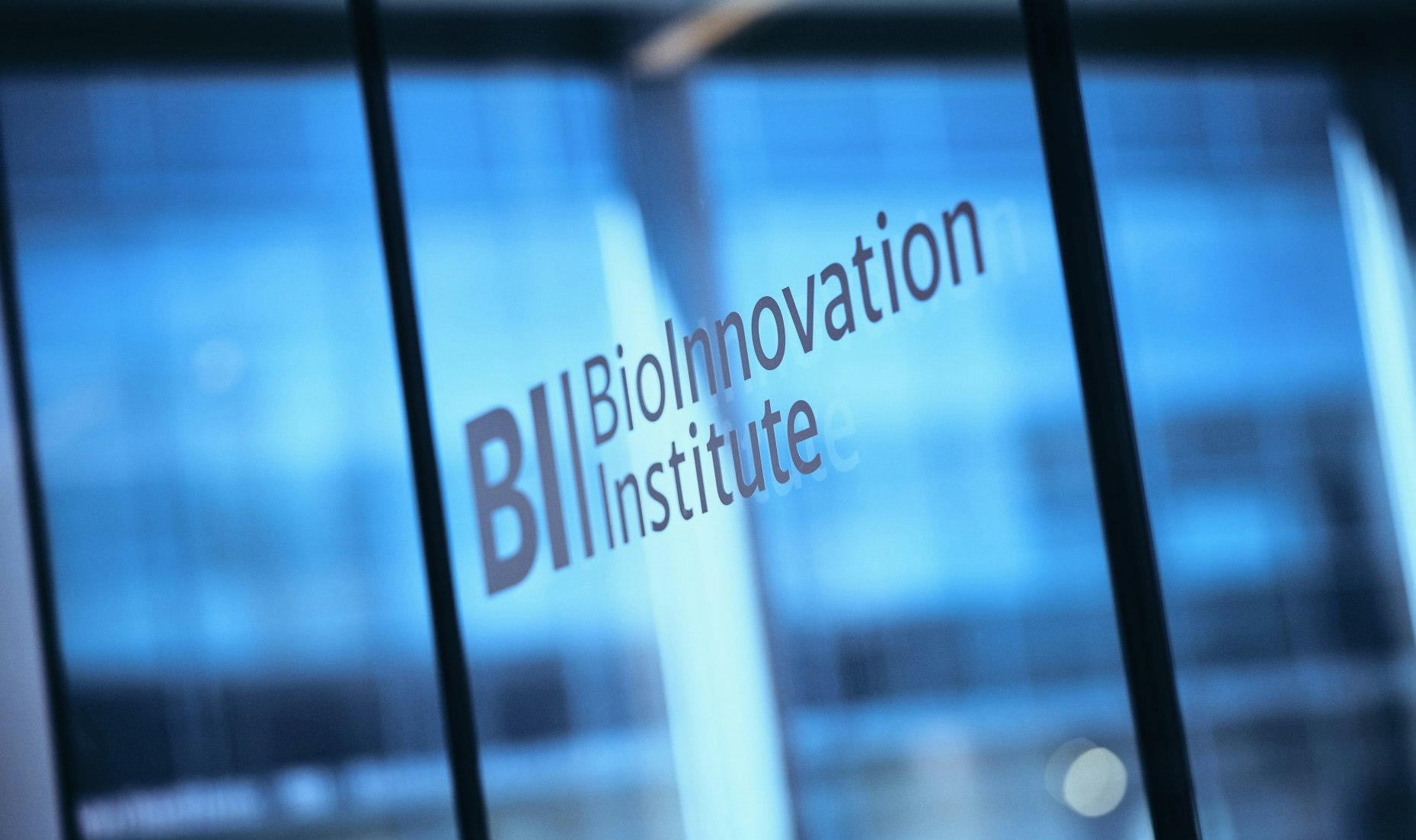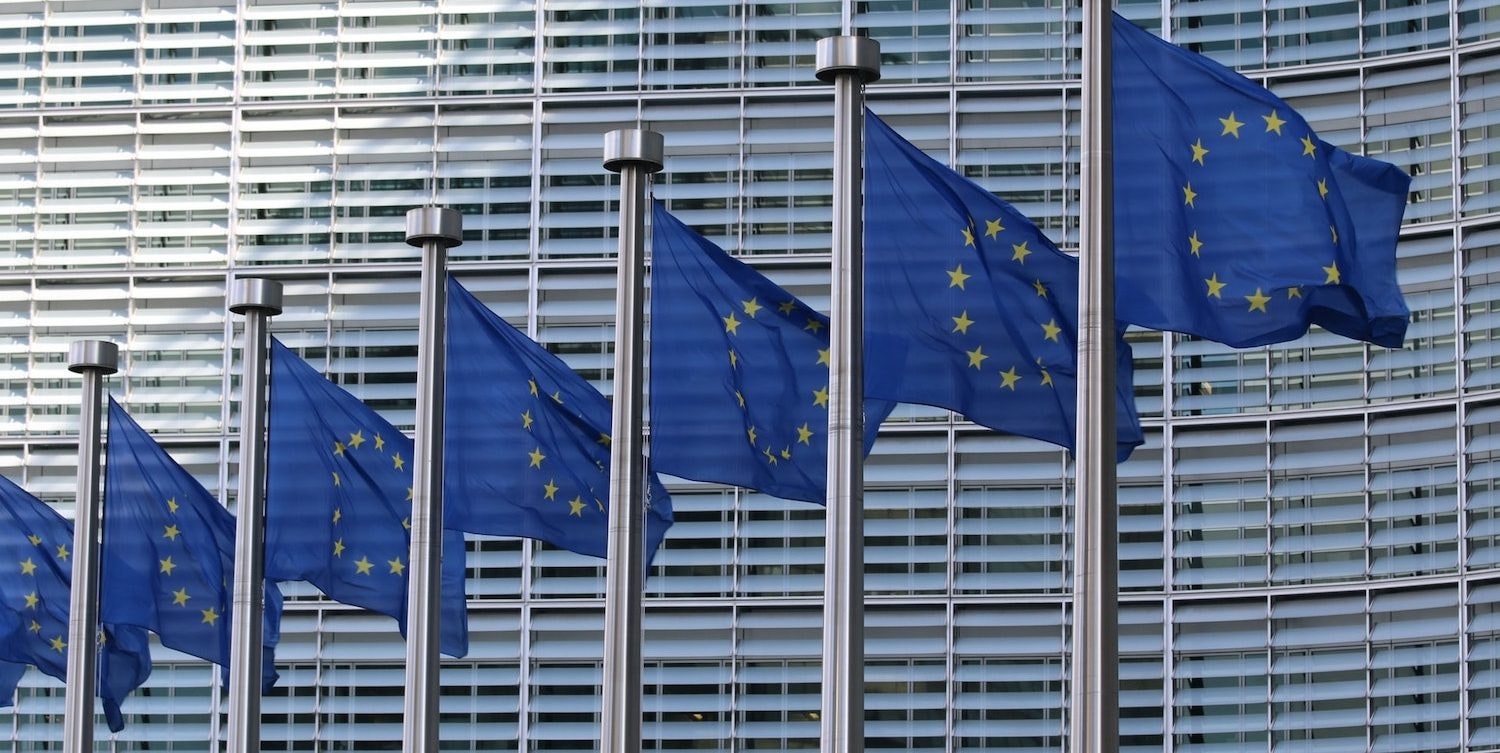As the Trump administration aggressively clamps down on research and academia in the US, Europe is aiming to turn a crisis into an opportunity by persuading top researchers to relocate across the Atlantic.
Earlier this week, the EU Commission’s president Ursula Von der Leyen announced a fresh €500m funding package as part of a new initiative dubbed “Choose Europe for Science” intended to attract foreign researchers to the EU.
Von der Leyen pointed to the “gigantic miscalculation” of cracking down on open science and pitched the EU’s ambition to become “a magnet for researchers” driven out of the US by such policies.
Other countries in Europe have launched similar initiatives. The UK is implementing a new scheme to attract researchers, which will be backed by £50m (€59m) in public funding to provide research grants and help scientists relocate.
In April, France launched ‘Choose France for Science’ initiative, a platform that connects French research institutions with scientists based in other countries for specific research projects, backed by €100m in public funding. The Netherlands has also announced a new fund to attract foreign scientists.
But sceptics argue that these initiatives are unrealistic and that Europe will be unable to establish itself as an attractive alternative for researchers based in the US.
“This is not addressed to researchers but to the general public, to gain political support,” one European researcher based in the UK, who wished to remain anonymous, tells Sifted. “They are not talking about the problems researchers face if they want to move from one place to another.”
Inadequate funding for research, lower salaries and heavy bureaucracy are likely to put off foreign talent from making the move, critics say.
Europe’s research ecosystem
European leaders are hoping to attract top researchers to boost innovation in the region. “Open science is the condition of our competitiveness,” said French president Emmanuel Macron at the launch event of ‘Choose Europe for Science’.
The long-term objective is to see fundamental research transformed into new businesses and startups that can drive European growth.
Despite the buzz, there is scepticism around the idea the continent will be capable of attracting top tier talent. Many researchers point to the region’s lower salaries due to public under-funding of R&D.
“The working conditions of French researchers are only getting worse,” Gael Varoquaux, research director of French national institute for science and technology Inria, tells Sifted. “It's hypocritical to make these speeches when in parallel you are cutting budgets.”
Last month, the French government slashed the 2025 budget for research and higher education by nearly €500m.
“I spent three years in the UK as a staff scientist… and I was not able to make a living,” says Jaime Llodra, now a visiting researcher at the University of Bern in Switzerland.
Some also highlight the challenges facing the research ecosystem in Europe, including worn-out labs, fewer career prospects and less of an entrepreneurial mindset to turn science into business – on top of heavy bureaucracy and language barriers that can make relocation more difficult.
Funding gap
In a recent report, economist and former Italian prime minister Mario Draghi recommended an extra annual spend of €750bn-800bn in research and innovation across the EU in order to remain competitive with the US and China.
He highlighted the EU’s failure to meet its goal, set over two decades ago, to spend 3% of GDP on R&D. World Bank data shows that in 2022 the EU spent 2.24% of GDP on R&D, while the US spent 3.59% of GDP.
“We are so far back that whatever money can come in and facilitate research in Europe is exactly what we need,” Flavia Levi, deeptech VC at early-stage European investor Join Capital, tells Sifted. “The more money goes into research, the more people you have building cool projects that can be commercialised.”
“We need to look beyond funding,” says Laura Möller, the director of Berlin-based K.I.E.Z, a programme dedicated to AI startups, however. “Just as important is ecosystem readiness, not only in terms of research funding, labs and venture capital, but in the everyday infrastructure that makes relocation feasible and attractive.”
“That includes housing, efficient visa processes, international schools, dual career opportunities, clear IP-transfer strategies, and vibrant startup ecosystems where research can translate into real-world impact.”
Yann Boulay, public policy lead at French VC and startup lobby group France Digitale, says that the funding unlocked to attract researchers in the region is a good signal. “There is a chronic deficit in Europe in terms of investment in research and development (R&D),” he tells Sifted.
“This type of announcement is opportunistic – in the positive sense – and sends a good signal.”
Shifting the narrative
Some ecosystem observers say the recent announcements are successfully shifting the narrative around the US monopoly on talent.
“The current situation of the US is an opportunity,” says Andreas Schmidt, the cofounder of German business angel group Springboard Health Angels. “Europe needs to get its act together to stand up to this opportunity, and every message and statement in that direction helps.”
“Obviously €500m is not enough… But it is a message that everybody in the scientific world gets: science has no future in the US.”
Schmidt says that the emails he is receiving from US researchers looking for opportunities in Europe have grown “exponentially”.
Similarly, Swiss university ETH Zurich tells Sifted that it has received “an increasing number of applications” from researchers from the USA in recent weeks and months.
In France, the University of Aix-Marseille launched a ‘Safe Place for Science’ initiative in March to welcome American scientists “threatened in their research”. It told Sifted it received nearly 300 applications.



